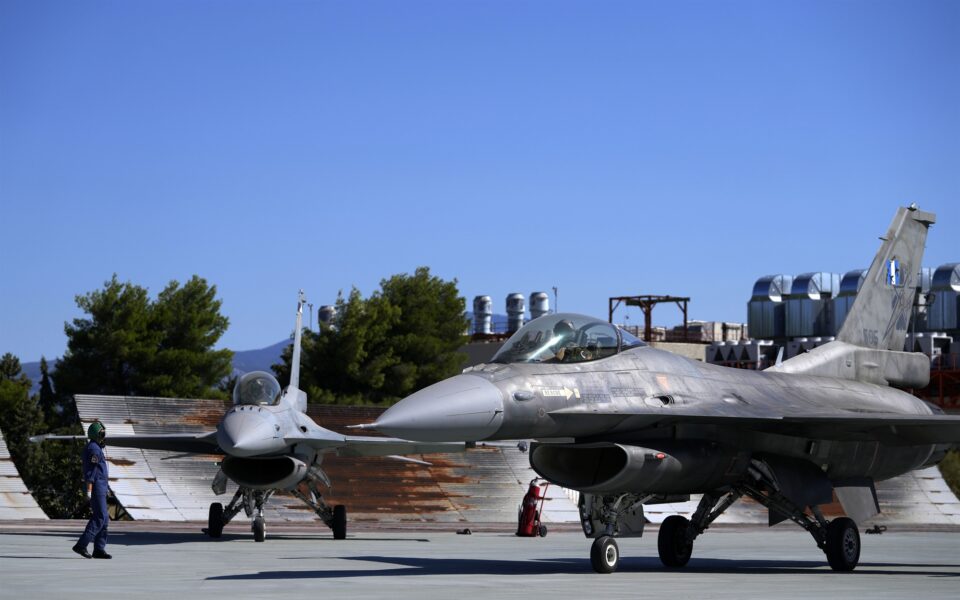Greek sovereignty, Turkey and the West

NATO members in late June supposedly reached a compromise deal to allow Finland and Sweden to join the transatlantic security alliance. Six months later, Turkish President Recep Tayyip Erdogan is trying to force the two Nordic states to make changes, also regarding their domestic security in a way that would satisfy Ankara’s whims. Twenty-eight of the 30 NATO members have ratified Sweden and Finland’s accession. Apart from Turkey, only Hungary has so far held out.
In July 2019, Turkey shunned Washington’s warnings against acquiring Russian S-400 surface-to-air missile batteries, prompting the US to remove its NATO ally from the F-35 fighter jet program. Meanwhile, Turkey has refused to join NATO sanctions against Russia over its invasion of Ukraine.
Ankara has in recent years built and maintained a special relationship with Moscow. This relationship obviously serves both sides. But, at the same time, it poses a danger to NATO cohesion.
Curbing Greece’s sovereignty has become a fundamental objective of Ankara. This can be easily deduced from the public statements made by Erdogan and his ministers
Furthermore, Turkey has openly expanded its demands from the West in a way that includes Greek sovereign rights. There is no need to repeat here Ankara’s renewed claims concerning the Aegean and the Aegean islands, the island of Crete and the Eastern Mediterranean.
Curbing Greece’s sovereignty has become a fundamental objective of Ankara. This can be easily deduced from the public statements made by Erdogan and the ministers of his government. Many analysts claim that his policy is dictated by electoral compulsions. This, however, is only partially true. Both at home and outside, Turkey likes to style itself as a force that seeks to shake up the Western balance of power. In this informal bargaining, Greek sovereignty is unfortunately on the table.
The trend is perfectly clear now. And anyone who refuses to see it is simply divorced from reality. The question is tough and remains crucial. For Athens, the response to Turkey’s demands is clear. Things, however, could become complicated if Greece were to come to the negotiating table in the event of a reorganization of the regional or international order (even more so if it were to do so on unfavorable terms). As usual, any answer is welcome.





